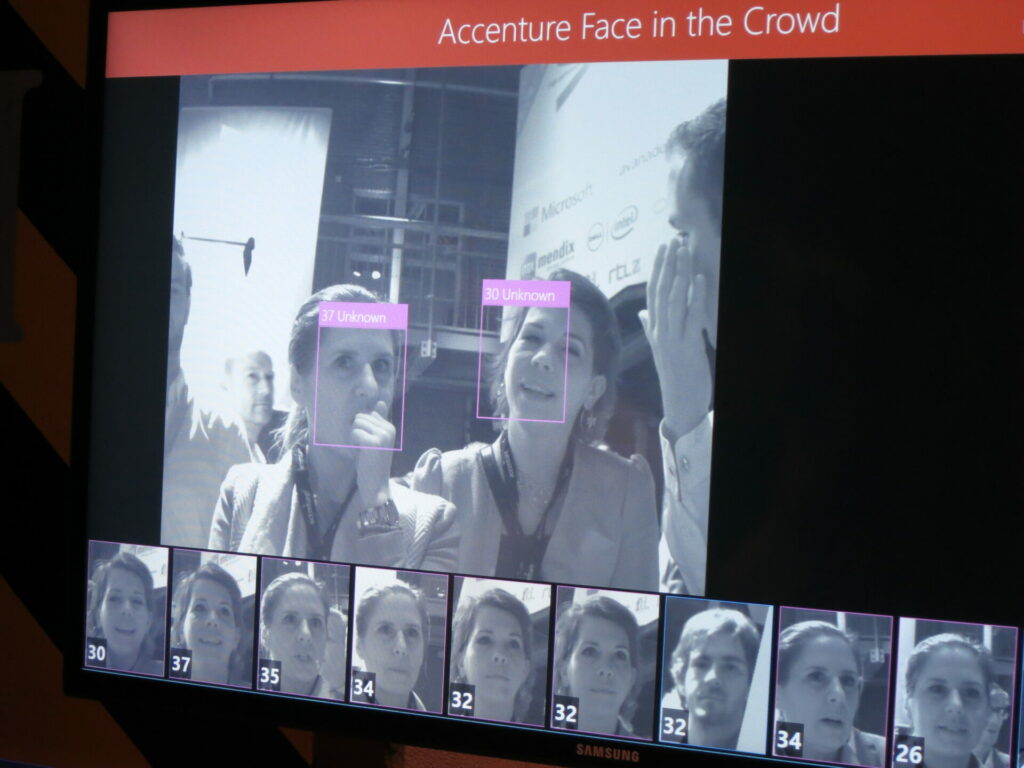Technology to spot plagiarism and also cheating during academic exams has evolved in recent years. With remote exams becoming necessary during times of confinement during the coronavirus pandemic, many software programs have been developed to meet these needs.
Faced with a rise in attempted cheating during these times, several start-ups have emerged to offer technological assistance for those attempting to control the remote exam environment.
In some cases, the student must authenticate and have his/her identification card or student card photographed via the computer camera. Facial recognition software can also verify that it is the right student who is taking the exam. The student may also be asked to take a 360-degree sweep of the room where they take the exam on their mobile phone to show they are alone in the room and that the walls are not lined with lecture notes.
During the exam, software can be used to scan the student's face. The software, which is actually an artificial intelligence, is set to detect suspicious movements: if the student lowers their gaze for too long, if they move their lips to talk to someone, if they go out of the field of the camera for too long, for example.
These gestures will trigger alerts. At the end of the exam, if there are too many alerts, the artificial intelligence will send a report to the teacher to let him know that there is a suspicion of cheating.
However, more and more voices are being raised against these artificial intelligences that decide the fate of students. Some students have even decided to file a complaint.
This is the case of a college student from Broward College in Florida, who took a biology exam last February. It was flagged by the Honorlock software and the student was rated 0 out of 20 by its teacher.
The software noticed that the student often looked away from the screen. His teacher sent him a detailed report with the video of his examination taken by the camera of his own computer attached.
Related News
- ‘Feel like somebody is watching me.’ Calls for more surveillance transparency
- Belgian police illegally used facial recognition software
- UN calls for moratorium on facial recognition and other AI systems
"After watching your video, we repeatedly observed you looking down and off screen before answering questions," he wrote, in remarks reported by the New York Times. The software identified a 10-second sequence during which the student looked down. The biology professor calls this attitude "intellectual dishonesty."
For the student, it was simply a way to concentrate. In the meantime, this controversy does not seem to worry American schools. Honorlock software is used in more than 500 establishments. It has already made it possible to monitor more than 9 million examinations in 2021.

